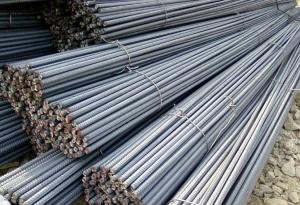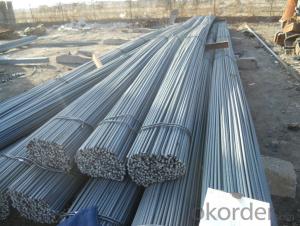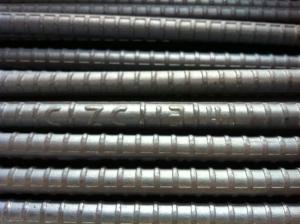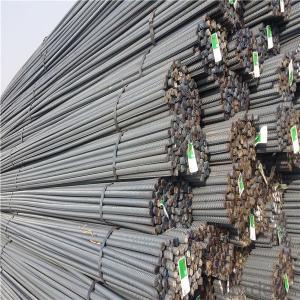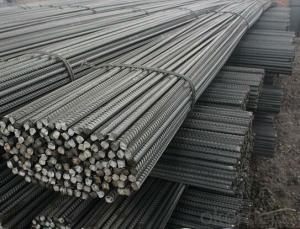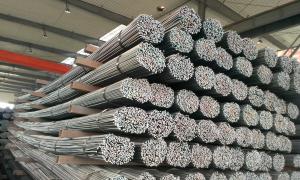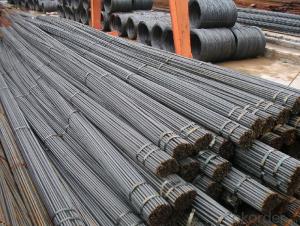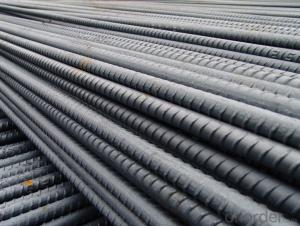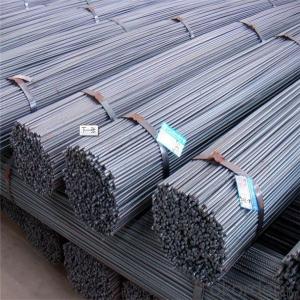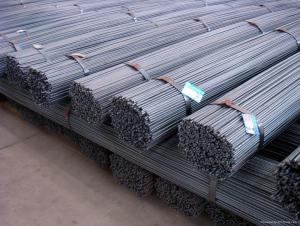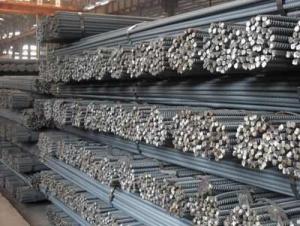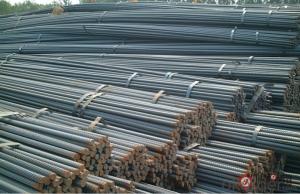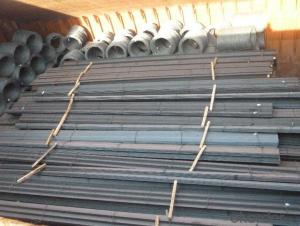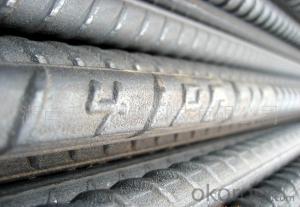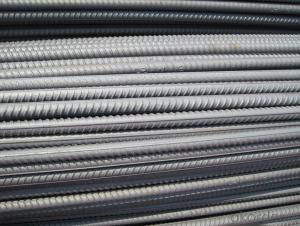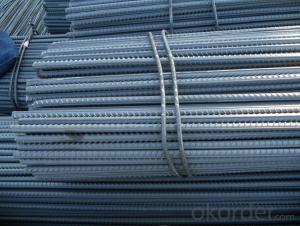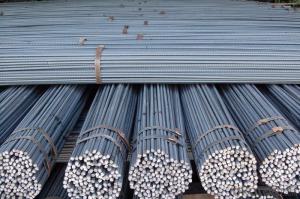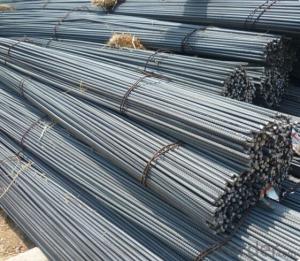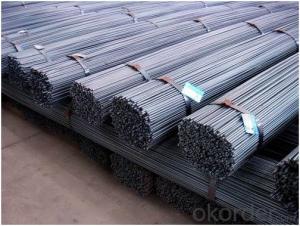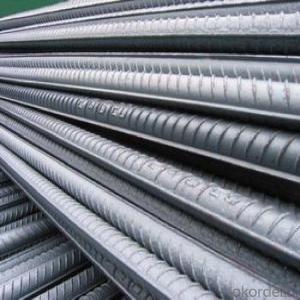All Categories
- - Steel Wire Rod
- - Steel Coils
- - Steel Profiles
- - Steel Pipes
- - Stainless Steel
- - Tinplate
- - Special Steel
- - Steel Sheets
- - Steel Rebars
- - Steel Strips
- - Hot Rolled Steel
- - Cold Rolled Steel
- - Pre-painted Steel
- - Seamless Steel Pipe
- - Welded Steel Pipe
- - Hollow Steel Tubes
- - Galvanized Pipe
- - Stainless Steel Coil
- - Stainless Steel Sheet
- - Stainless Steel Plate
- - Stainless Steel Strips
- - Electrolytic Tinplate Coil
- - Electrolytic Tinplate Sheet
- - Stainless Steel Rebars
- - Solar Panels
- - Solar Water Heater
- - Solar Related Products
- - Solar Inverter
- - Solar Cells
- - Solar Light
- - Solar Energy Systems
- - Solar Controllers
- - Solar Mounting System
- - Solar Pump
- - Solar Chargers
- - Fiberglass Chopped Strand
- - Fiberglass Mesh Cloth
- - Composite Pipes
- - FRP Pultrusion Profiles
- - Fiberglass Mat Tissue
- - Fiberglass Fabrics
- - Fiberglass Mesh
- - Composite Tank
- - Fiberglass Mesh tape
- - Polymer
- - FRP Roofing Panel
- - Fiberglass Roving
- - Monolithic Refractories
- - Ceramic Fiber Products
- - Refractory Bricks
- - Raw Materials For Refractory
- - Suspended Platform
- - Cranes
- - Concrete Machinery
- - Earthmoving Machinery
- - Building Hoist
- - Road Building Machinery
- - Plastic Pipe Fittings
- - Plastic Tubes
- - Plastic Sheets
- - Agricultural Plastic Products
- - Plastic Nets
 All Categories
All Categories
Q & A
How does the design and placement of steel rebars change in regions prone to severe weather and natural disasters?
In regions prone to severe weather and natural disasters, the design and placement of steel rebars typically undergoes specific modifications to enhance the structural integrity and durability of buildings. These modifications aim to increase the resilience of structures against the destructive forces associated with such events. Some common changes include using thicker rebars, employing additional reinforcement techniques like double matting, and implementing stricter spacing and anchoring requirements. These design adjustments help to mitigate the potential damage caused by severe weather and natural disasters, ensuring the safety of buildings and their occupants.
What is the importance of maintaining proper concrete cover over steel rebars?
Maintaining proper concrete cover over steel rebars is crucial because it serves as a protective barrier for the steel reinforcement, preventing it from being exposed to external elements such as moisture, chemicals, and corrosive agents. This cover helps to prevent corrosion of the steel rebars, which can weaken the structural integrity of the concrete and lead to potential structural failures. Adequate concrete cover also enhances the bond between the rebars and the surrounding concrete, improving the overall strength and durability of the reinforced concrete structure.
How do you evaluate the quality of welded steel rebar connections and their impact on structural integrity?
To evaluate the quality of welded steel rebar connections and their impact on structural integrity, several factors need to be considered.
Firstly, visual inspection plays a crucial role in assessing the quality of welds. Inspectors need to ensure that the welds are free from any visible defects, such as cracks, incomplete fusion, or undercuts. Additionally, the size and shape of the weld should be within specified parameters.
Furthermore, non-destructive testing methods, such as ultrasonic testing or magnetic particle inspection, can be used to assess the integrity of the welded connections. These techniques help identify any internal flaws or inconsistencies that may affect the overall strength and durability of the structure.
It is also essential to verify that the welding procedure followed industry standards and specifications. This includes examining the qualifications of the welder, proper selection of welding materials, and adherence to welding procedures and parameters.
Finally, the impact of the welded steel rebar connections on structural integrity can be evaluated through structural analysis and load testing. Engineers can simulate different load scenarios to ensure that the connections can withstand the expected forces without any signs of failure or excessive deformation.
Overall, a comprehensive evaluation of welded steel rebar connections involves a combination of visual inspection, non-destructive testing, adherence to welding standards, and structural analysis to ensure the connections meet the required quality and do not compromise the structural integrity of the entire system.
What is the effect of chemical exposure on steel-reinforced concrete?
Chemical exposure can have various effects on steel-reinforced concrete, depending on the type and concentration of the chemical. Some chemicals, such as acidic substances, can corrode the steel reinforcement, leading to structural weakening and potential failure. Other chemicals, like certain salts, can cause efflorescence or discoloration on the concrete surface. It is crucial to consider the chemical compatibility of concrete mixtures and employ protective measures to prevent detrimental effects on steel-reinforced concrete structures.
Wholesale Steel Rebars from supplier in Bhutan
Our team of experts understands the specific requirements and regulations in Bhutan, ensuring that our Steel Rebars meet the highest quality standards. We work closely with our clients to assess their project needs and provide customized solutions that are cost-effective and sustainable.
In addition to supplying Steel Rebars, we also offer sales and quotation services to ensure that our clients receive competitive prices for their projects. Our technical support team is available to assist with any queries or concerns, providing expert advice and guidance throughout the procurement process.
As a subsidiary of CNBM, we benefit from the extensive resources and network of a Fortune Global 500 company. This allows us to streamline the procurement process and ensure timely delivery of Steel Rebars to our clients in Bhutan.
Furthermore, our market experience in Bhutan gives us a deep understanding of the local industry, enabling us to provide valuable insights and expertise for your projects. We stay up-to-date with the latest trends and developments in the steel industry, ensuring that our clients receive the most innovative and reliable products.
Whether you are embarking on a large-scale construction project or simply need Steel Rebars for smaller applications, we are committed to providing the highest level of service and satisfaction. Contact us today to discuss your Steel Rebars requirements in Bhutan and discover how we can support your projects.
In addition to supplying Steel Rebars, we also offer sales and quotation services to ensure that our clients receive competitive prices for their projects. Our technical support team is available to assist with any queries or concerns, providing expert advice and guidance throughout the procurement process.
As a subsidiary of CNBM, we benefit from the extensive resources and network of a Fortune Global 500 company. This allows us to streamline the procurement process and ensure timely delivery of Steel Rebars to our clients in Bhutan.
Furthermore, our market experience in Bhutan gives us a deep understanding of the local industry, enabling us to provide valuable insights and expertise for your projects. We stay up-to-date with the latest trends and developments in the steel industry, ensuring that our clients receive the most innovative and reliable products.
Whether you are embarking on a large-scale construction project or simply need Steel Rebars for smaller applications, we are committed to providing the highest level of service and satisfaction. Contact us today to discuss your Steel Rebars requirements in Bhutan and discover how we can support your projects.
